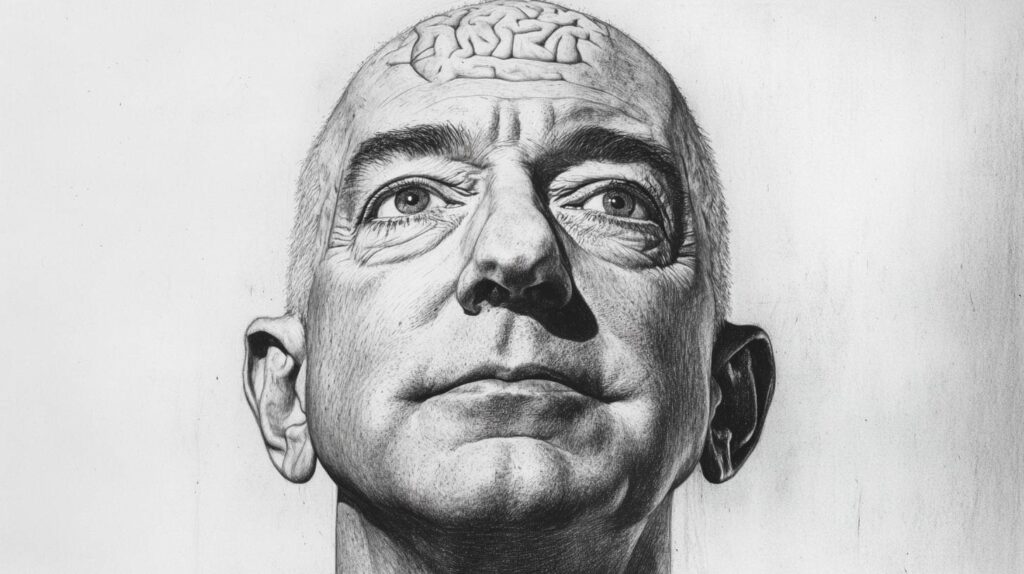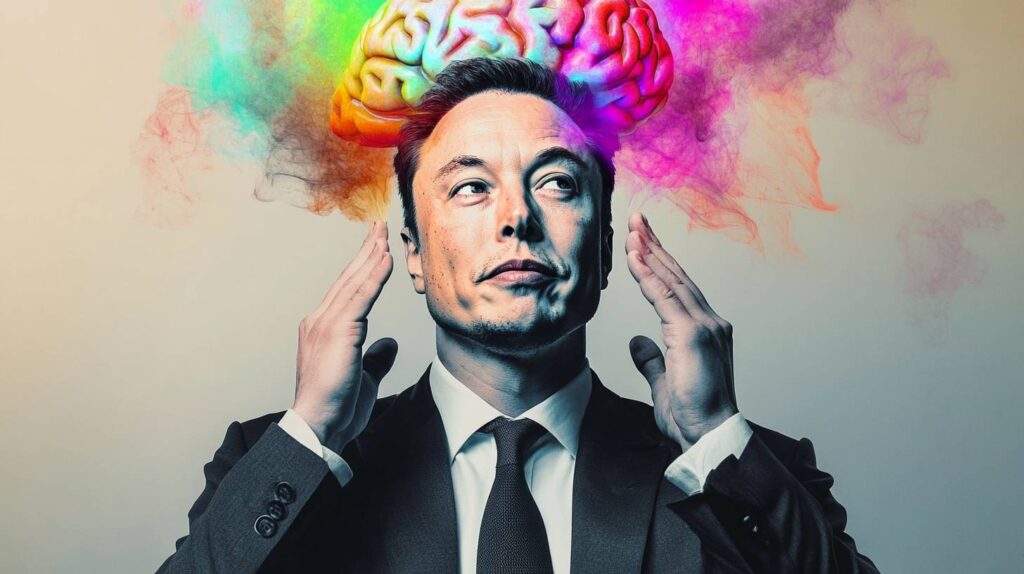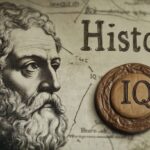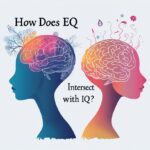Leadership in the corporate world has always been a mix of vision, strategy, and execution. But over the years, the expectations for leaders have changed dramatically. High IQ was once viewed as the defining trait of great CEOs, yet in today’s environment, intelligence must coexist with emotional resilience, adaptability, and cultural awareness.
To understand this shift, I analyzed the leadership styles of five prominent U.S. business leaders across different industries. Each case reveals how intelligence influenced their decisions in the past, shapes their leadership now, and will impact the future of business.
Past: IQ as the Catalyst for Leadership
In earlier decades, intelligence often served as the foundation for climbing the corporate ladder. Leaders were celebrated for their analytical prowess, decisive actions, and ability to dominate their markets. Here’s how some notable executives thrived using their intellect:
1. Jeff Bezos (Amazon)
Bezos built Amazon into a behemoth by leveraging his sharp analytical thinking. Early on, his high IQ translated into precise, data-driven decisions, from choosing Seattle as Amazon’s headquarters to implementing the infrastructure for its distribution network. Bezos was a classic example of IQ-focused leadership: relentless, detail-oriented, and willing to think several moves ahead.

2. Sheryl Sandberg (Meta, formerly Facebook)
Sandberg’s intelligence stood out during her time at Google and later at Facebook. Her ability to simplify complex problems—such as monetizing platforms and scaling operations—helped transform Meta into a digital advertising juggernaut. Her strategic thinking, rooted in her high cognitive abilities, earned her a seat at the table during critical decisions about the company’s future.
3. Satya Nadella (Microsoft)
Before becoming CEO, Nadella was known for his technical expertise and problem-solving abilities. His role in transitioning Microsoft to a cloud-based model required not only deep intelligence but also the courage to challenge existing norms. In the early stages of his career, Nadella’s high IQ laid the groundwork for his rise to leadership.
Present: Intelligence Alone Isn’t Enough
Today’s business environment is more complex than ever. Leaders can no longer rely solely on their IQ to steer their companies. They need to demonstrate emotional intelligence (EQ), foster inclusion, and adapt to challenges in real time. Let’s revisit these leaders and how their approaches have evolved:
1. Jeff Bezos
In recent years, Bezos stepped down as CEO, focusing on Blue Origin and philanthropy. Critics and employees often pointed out his struggles with emotional intelligence, such as worker dissatisfaction in Amazon warehouses. Despite his undeniable brilliance, Bezos’s leadership style has been described as hyper-rational—sometimes at the expense of empathy.
2. Sheryl Sandberg
Sandberg’s leadership at Meta faced significant challenges during controversies over misinformation and privacy. While her intelligence remained an asset, navigating these crises required more than sharp problem-solving. Her ability to communicate effectively and demonstrate accountability became just as critical as her strategic insights.
3. Satya Nadella
Nadella exemplifies the modern leader. His approach to Microsoft’s culture—emphasizing empathy, diversity, and collaboration—has been pivotal in the company’s revival. Nadella shifted from being purely technical to fostering innovation through people, demonstrating how high IQ paired with high EQ can drive sustainable success.
4. Elon Musk (Tesla, SpaceX, Twitter)
Musk is known for his extraordinary intellect and visionary ideas, but his impulsive behavior often overshadows his intelligence. From bold innovations like SpaceX to controversial leadership at Twitter, Musk illustrates how high IQ without measured emotional control can create chaos, even in brilliance.

5. Mary Barra (General Motors)
Barra has become a standout leader by combining intelligence with adaptability. Under her guidance, GM has embraced electric vehicles and sustainable practices. Barra’s ability to listen, learn, and integrate diverse perspectives has been a defining aspect of her leadership in today’s fast-changing automotive industry.
Future: Redefining Intelligence in Leadership
The next generation of leaders will need to redefine how intelligence is applied. While high IQ will always be valuable for problem-solving and strategic thinking, its impact will diminish without the balance of emotional intelligence, cultural awareness, and adaptability.
Derek Woodin, founder of IQ Test Mind, offers this perspective:
“The future of leadership won’t just belong to the smartest people in the room—it’ll belong to those who know how to use their intelligence to empower others. IQ will always be an asset, but leaders who balance it with empathy and adaptability will lead the most resilient teams.”
Key Takeaways
- Intelligence is a Starting Point: High IQ is often the foundation of leadership, particularly in technical and strategic roles.
- Emotional Intelligence is Critical: Leaders like Satya Nadella and Mary Barra have shown that empathy and cultural awareness are essential in today’s world.
- Adaptability Defines Success: As the pace of change accelerates, leaders must continuously evolve their strategies and approaches.
- The Balance is Key: The best leaders of tomorrow will integrate IQ, EQ, and the ability to connect with diverse perspectives.
Leadership is no longer about being the smartest person in the room—it’s about building smarter organizations. As businesses continue to face unprecedented challenges, the leaders who thrive will be those who recognize that intelligence, when paired with emotional insight, can drive both innovation and humanity forward.




